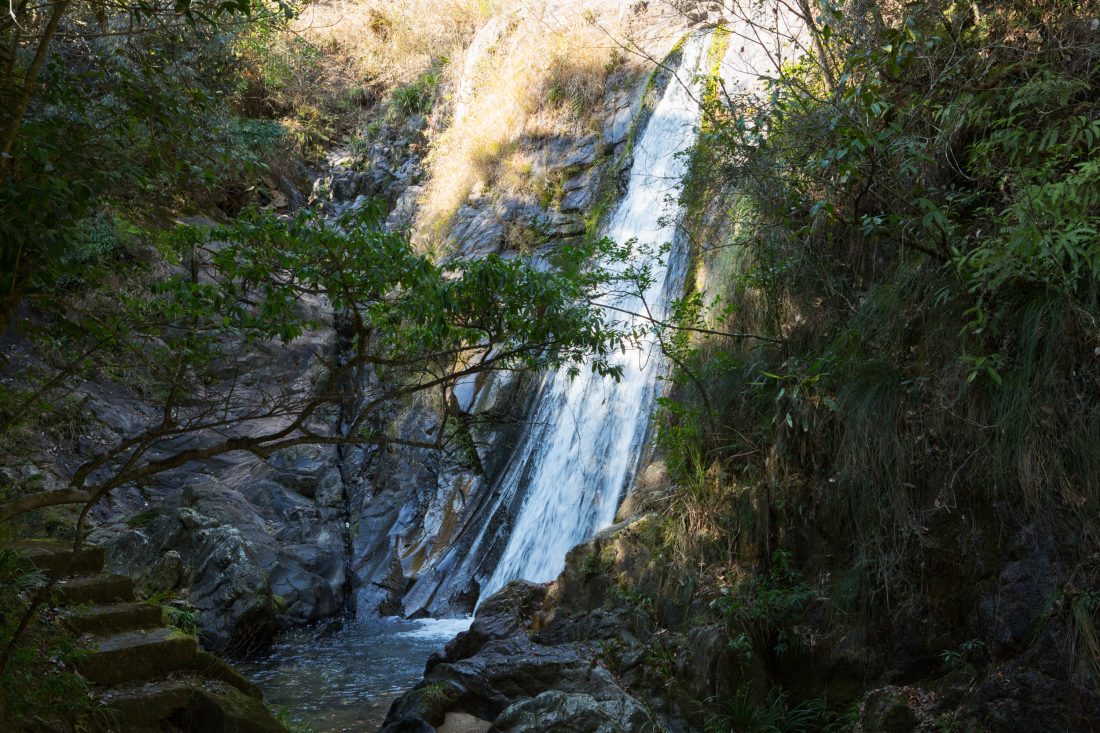The Design Challenge focuses on Zixi County in Jiangxi province, some six hours by train and road inland from Xiamen in Southern China. The relative inaccessibility of Zixi county has brought about both disadvantages and benefits: while the area is largely undeveloped, it has maintained an aura of outstanding natural beauty and unspoilt authenticity. The slogan “Pure Zixi” is frequently used by local officials.
Like many such rural areas in China, and indeed, worldwide, Zixi county has suffered from family fragmentation and depopulation as younger residents left their homes in search of work in the larger urban centres. The population, particularly in the villages, is now composed mainly of older people and some children. The inhabitants of the area also comprise two different groups: the “originals” with a long local tradition and the “immigrants”, who were moved to the area from Chun’an County in Zhejiang Province in 1959 after the flooding of the area to create the Qiandao Lake. Though both groups of inhabitants are visually strikingly different in their architectural and living styles, they cohabit in a perfectly friendly and supportive way, and are equally affected by the population drain. On an economic level, Zixi county town has invested in a large nature-focused tourist centre and several museums. The town is famous for its bakery and confectionary school, which sends high quality bread and highly qualified bakers throughout China. The area also produces high quality tea. Otherwise the village areas are renowned for a very plentiful supply of top quality bamboo, all kinds of organic vegetables and fruit, high quality spring water and delicious honey.









